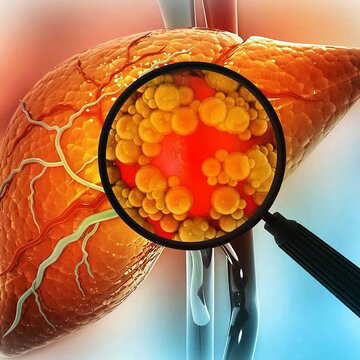While curry leaves are a mainstay of South Indian cuisine, Bengali households, too, add them to tempering for that unmistakable aroma. According to nutritionists, however, the benefits of curry leaves far surpass mere flavour as eating them raw every day may give you the best results. Ayurveda has long documented the therapeutic qualities of these leaves that are rich in vitamins A, B and C, along with essential minerals like calcium and iron. This explains why curry leaves are used in several Ayurvedic formulations.
How curry leaves benefit your health?
Facilitates digestion
The leaves help stimulate digestive enzymes, hence preventing conditions like indigestion, bloating, gas, and constipation. They also help in gut health by increasing the number of beneficial bacteria in the intestines.
Also Read | Always tired? It could be a sign of fatty liver from B12 deficiency
Detoxification and reduces body weight
Curry leaves are packed with fibre and alkaloids, which help to flush out toxins from the body. As it is in the case of toxin buildup that contributes to fat accumulation, the regular intake of these leaves may help in maintaining body weight.
Supports liver health
Curry leaves help detoxify the liver and can be of assistance to people suffering from fatty liver issues.
Rich in antioxidants
Antioxidants in curry leaves help balance free radicals in the body. They also help in filling nutritional gaps related to vitamins B, C, E, and protein.
Also Read | Tata Sierra launched in India: Here's everything you need to know
Helps regulate cholesterol
Consumed on an empty stomach, curry leaves are said to keep bad cholesterol levels under control, aiding in overall heart health.
It improves eye health
Curry leaves possess vitamin A and beta-carotene, both known to aid in vision. Consumed regularly, it could delay the process of cataract formation and protect against several eye-related conditions.










